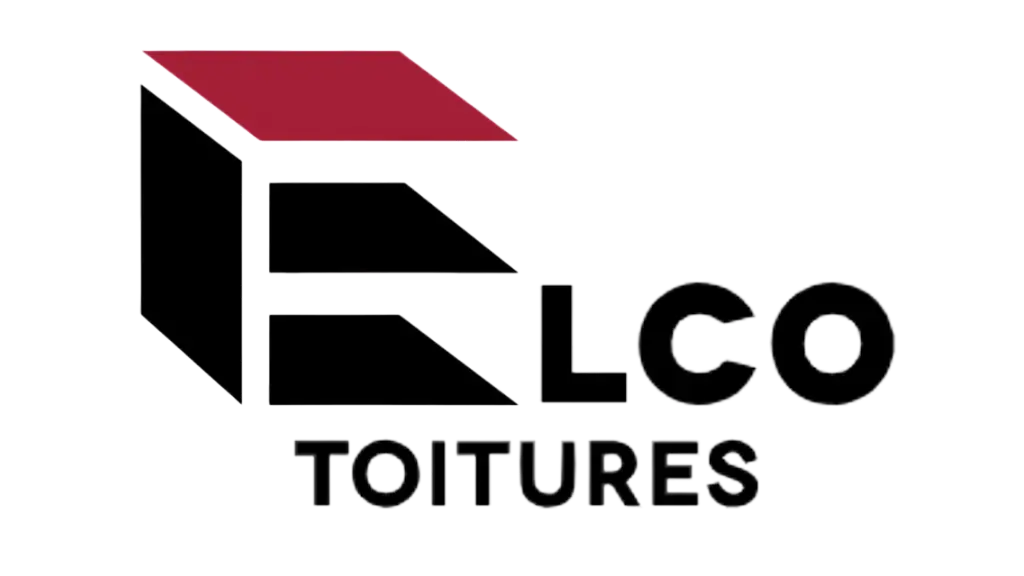
.png)
HOW TO PERFORM A FLAT ROOF INSPECTION
Inspecting a flat roof begins with a detailed visual examination of the surface. Look for signs of damage such as cracks, blisters or discolored areas. Also check the drainage points to ensure they are not blocked and that water is draining properly. Special attention should be paid to the joints and edges of the roof, as these areas are more likely to develop leaks. Next, it is important to check the structural integrity of the roof. Use a moisture detection tool to identify areas where water could seep beneath the surface. Inspect the fasteners and membranes to ensure they are in good condition. If any problems are detected, note them and take steps to repair them quickly to prevent more serious damage.




WHY SLOPED ROOF INSPECTION IS COMPLEX AND HOW WE CAN HELP
Sloped roof inspections present several unique challenges. Steep slopes can make access difficult and dangerous without the proper equipment. Additionally, sloped roofs often have complex components like flashing, chimneys, and dormers that require special attention. A thorough inspection is essential to identify signs of deterioration, such as cracked or missing shingles, water infiltration, and ventilation issues. At Elco Roofing, our experts are trained to handle these challenges professionally and safely. We use advanced techniques to inspect every aspect of your sloped roof, ensuring its longevity and performance. Contact us today for a free inspection and see how we can keep your home protected.
-
What types of roofing services do you offer?We offer a full range of roofing services, including installation, repair, maintenance and inspections for commercial and residential roofs. We specialize in elastomeric membrane roofs.
-
What is an elastomeric membrane roof and what are its advantages?An elastomeric membrane roof is a type of flat roof made from a flexible, rubber-like material. It offers excellent waterproofing, durability and energy efficiency, making it ideal for commercial and residential buildings.
-
Do you offer free estimates?Yes, we offer free estimates for all roofing projects. Our team will assess the condition of your roof and provide a detailed estimate based on your specific needs.
-
How long does a typical roofing project take?The duration of a roofing project depends on the size and complexity of the job. Residential projects typically take about a week, while commercial projects can vary. We will provide a timeline during the estimation process.
-
Do you offer guarantees on your roofing work?Yes, we offer warranties on materials and labor for our roofing projects. The specific terms of the warranty will be discussed when signing the contract.
-
Can you work on roofs during the winter months?Yes, we can carry out certain types of roofing work during early or late winter, but it is best to schedule large projects for warmer weather to ensure optimal results.
-
What types of buildings can you service?We work with a variety of buildings, including residential homes, commercial buildings, offices and warehouses. We have the experience and equipment to handle projects of all sizes.
-
How far can you travel for roofing projects?We primarily serve Montreal and surrounding cities, but we can travel further depending on the type of project. Contact us to discuss your specific needs and see how we can help.
-
What are the signs that a roof needs to be replaced?Common signs include frequent leaks, missing or damaged shingles, blisters or cracks on the roof surface, moisture stains on interior ceilings, and general visible wear and tear. If you notice any of these signs, it is advisable to have your roof inspected by a professional.
-
How do you prepare a work site before starting a roofing project?Before beginning a roofing project, we secure the work area, protect surrounding property, and ensure all necessary materials and equipment are available. We also communicate with owners to keep them informed of the process and the steps to follow.
-
What is the typical lifespan of an elastomeric membrane roof?A properly installed and properly maintained elastomeric membrane roof can last between 30 and 40 years, or even more. Longevity depends on factors such as quality materials, professional installation and regular maintenance.
-
What types of roofing materials do you use?We use a variety of high-quality materials, including elastomeric membrane, asphalt shingles and other materials tailored to the specific needs of each project. We select materials based on their durability, energy efficiency and adaptability to local climatic conditions.

